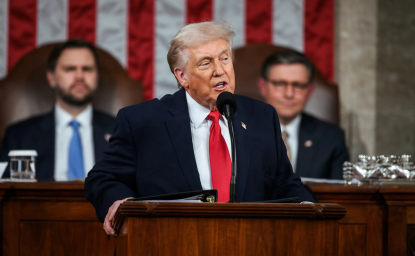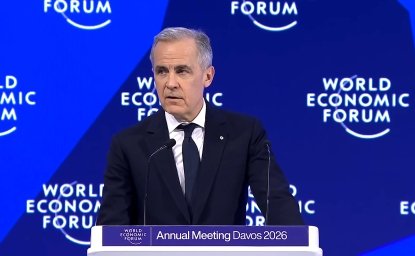China: Cut pollution first, ask questions later
By Erica Martinson
3/14/12 12:36 PM EDT
China isn’t waiting for environmental studies and air quality goals as it pushes to cut emissions at its rapidly growing coal-fired power plants, a researcher with the country’s environment ministry says.
The country is “much more action oriented than goal oriented,” unlike the EPA, said Hu Tao, of the Policy Research Center for Environment and Economy at China’s Ministry of Environmental Protection.
China is facing huge pressures because of industrial transformation, a push for new renewable energy platforms and concerns about greenhouse gases, all compounded by international forces, Hu said.
So even without knowing the exact benefits of each pollutant reduction plan, it is “most important to reduce all of them,” Hu said, speaking especially about particulate matter and greenhouse gases. Hu spoke Wednesday at the Woodrow Wilson International Center for Scholars on the country’s efforts to move to “multipollutant” emission controls.
At city levels, there may be specific programs tailored to local air quality, he said, but “I think the minister is trying to catch up with the big fish first. Leave something to the city government to do their own job.”
EPA is working with China to share U.S. information on the health effects of pollution, said Susan Anenberg, an environmental protection specialist in EPA’s air office.
But, she said, “all of the long-term epidemiology studies we respond to are based in the U.S. and Europe.”
There’s not likely a biological difference in populations’ response to sulfur dioxide, for instance, she said, but “you can't imagine people in every single country behave the same way they do in the U.S.” Travel patterns, daily behavior, medical treatment and other activities of daily life may all vary.
“What we could really use is some long-term epidemiological studies in China,” she said.
To read and comment online:
https://www.politicopro.com/go/?id=9977




